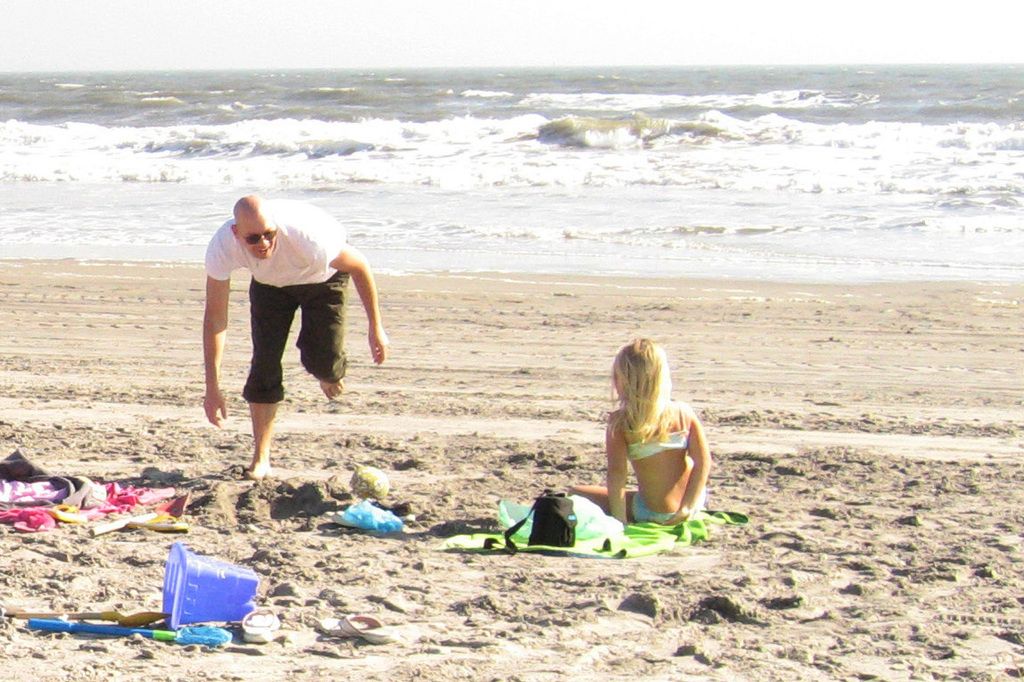Unanticipated Move: Russian Central Bank Slashes Key Interest Rate amid Pressure
Surprising Decrease in Interest Rates by Russian Central Bank
Swinging under the weight of persisting high inflation, Russia's central bank has finally flickered a line of relief. The surprising move to chop its key interest rate - from 21% to 20% - has glimmered on the horizon, announced by the Moscow monetary bigwigs.
In their official statement, the central bank outlined that this rate adjustment would be a decisive factor in curbing inflation if it slid away with agility and stability. The bank's focus remains glued to the easing of inflationary pressures that have plagued the nation for quite some time.
Economy Minister Maxim Reshetnikov fueled the demand for rate reduction this week, ardently appealing for the monetary titans to ease their stance. "The economy yearns for a timely relaxation of monetary policy," he asserted, "to uphold the growth target of three percent dead-set by the president in the near future." Economists currently anticipate a deceleration of Russia's economic growth to 1.5% this year, with state estimates projecting a 2.5% rebound. The resilient economy managed a 4.3% growth spurt in 2024.
The central bank persistently labored under mounting pressure from the realm of economy to slash the key interest rate. Governor Elvira Nabiullina previously stuck to her ground, refusing to bow to the demands for rate reduction, stressing the necessity for recognizing a secure decline in inflation rates prior to considering any rate cuts. Inflation remains snarled around the 10% mark.
Russian President, Vladimir Putin, thrust his nation into a war economy after the hostile attack on Ukraine more than three years ago, which obliterated the equilibrium of market prices. Numerous corporations nestled beyond the military bosom confront onerous workforce shortages, necessitating hefty wage payments to retain their workforce. These stiff remuneration costs drip down to customers, resulting in reinforced costs. High interest rates form a crushing burden on businesses, multiplying the cost of borrowing for investments exponentially.
Sources:
- Moscow
- Monetary Policy
- Interest Rate Decisions
- Interest Rates
- Vladimir Putin
- Attack on Ukraine
- Key Interest Rate
- Inflation
Discussion Points:
- In what ways has inflation weighed upon Russia's economy prior to the central bank's rate reduction?
- Elaborate on the role economics minister, Maxim Reshetnikov, played in demandling the central bank to reduce interest rates.
- Discuss the implications of this rate cut for Russia's business sector.
- What are the reasons behind the ongoing resistance from governor Elvira Nabiullina to lower the interest rate earlier?
- How might other geopolitical factors come to influence Russia's economic trajectory in the face of rate cut adjustments?
- Persistent high inflation in Russia has constrained growth by increasing the cost of living, reducing consumer spending, and dampening business investing, leading to a tight labor market and higher wages.
- Economy Minister Maxim Reshetnikov actively pushed for a reduction in Russia's interest rates by advocating for a more accommodative monetary policy, stating its importance in achieving the presidential growth target of 3%.
- By slashing the key interest rate, Russian businesses can expect relief in their borrowing costs, permitting more investment opportunities and potentially spurring economic growth.
- Governor Elvira Nabiullina has been resistant to cutting interest rates in an effort to rein in inflation rates, ensuring a secure decline before adjusting monetary policy.
- Other geopolitical factors, such as ongoing conflicts or international sanctions, could impede or facilitate Russia's economic recovery following a rate cut, impacting the nation's economic trajectory.








